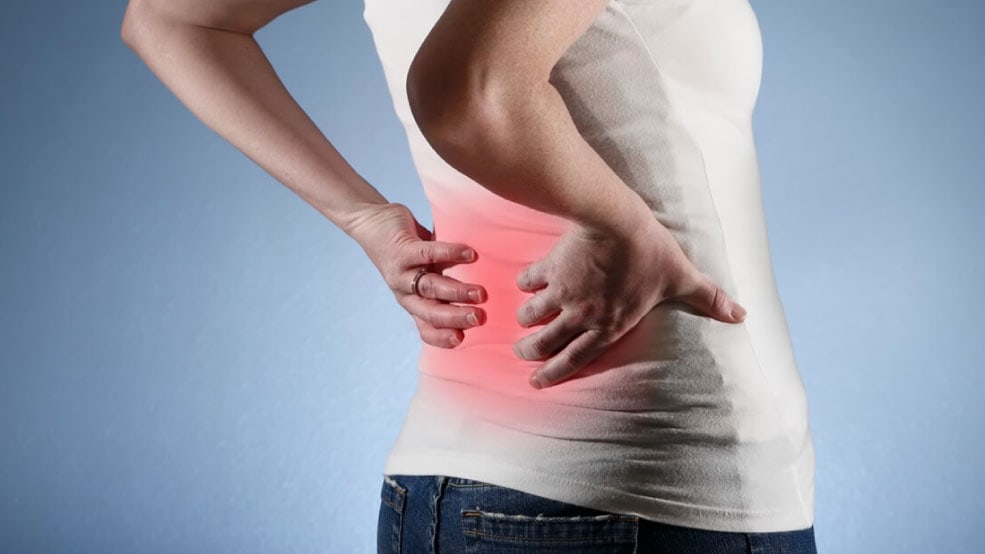
Kidney Stones
Kidney stones are hard and unwanted deposits made of minerals and salt that form inside your kidneys. The main reason behind these deposits is the accumulation and crystallization of minerals in the kidneys, as urine contains many dissolved minerals and salts.
Kidney stones can start small but can grow larger in size. The small stones normally make their passage along with urine but the large size stones fail to make their passage through the duct and start getting accumulated until the point when they start obstructing the urinary duct. This stone can therefore, be termed as kidney stones.

